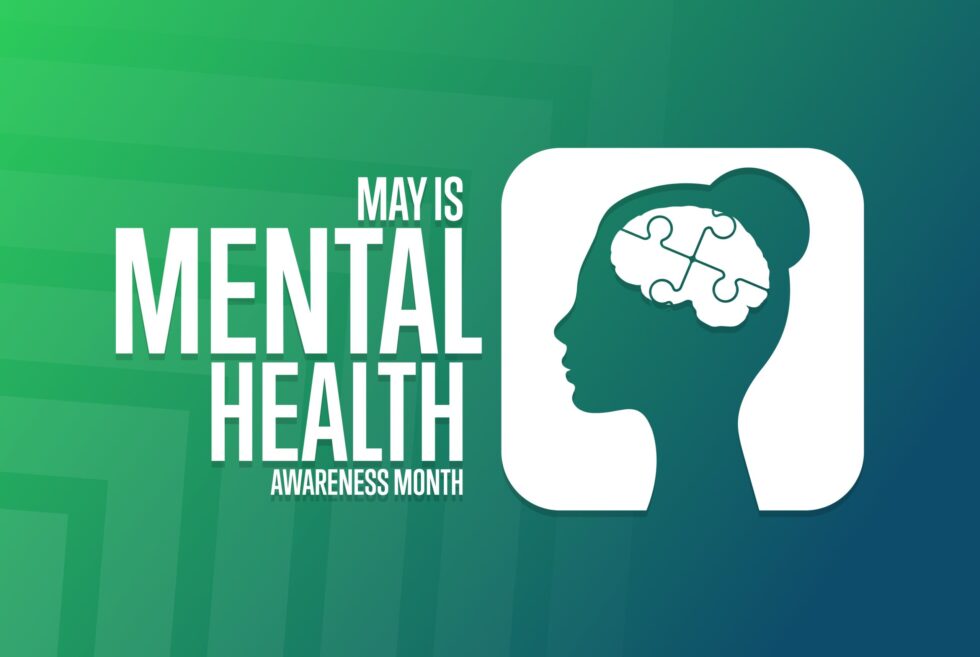Mental health is one of the most important aspects of our overall well-being, yet it’s often misunderstood or overlooked. It affects how we think, feel, and behave every day. Good mental health helps us handle stress, build strong relationships, and make meaningful decisions. When our mental health suffers, it can influence every part of our lives—from our work and studies to our relationships and physical health.
In recent years, the conversation around mental health has grown louder and more open. People are beginning to understand that taking care of the mind is just as important as taking care of the body. However, there is still much to learn and apply in our daily lives to maintain a balanced, healthy mindset.

Mental health refers to our emotional, psychological, and social well-being. It affects how we think, feel, and act as we cope with life. It also helps determine how we handle stress, relate to others, and make choices. Everyone has mental health, just as everyone has physical health, and both need regular care.
Mental health doesn’t mean being happy all the time. It means being able to experience and manage a wide range of emotions—from joy and excitement to sadness and frustration—without becoming overwhelmed. It’s about balance and resilience rather than perfection.
Mental health plays a vital role in every stage of life, from childhood through adulthood. When we prioritize our mental well-being, we can perform better at work or school, form deeper relationships, and enjoy greater satisfaction in life. On the other hand, poor mental health can lead to emotional distress, physical illness, or even serious conditions like anxiety and depression.
Ignoring mental health challenges can also cause long-term effects. Stress, for instance, can weaken the immune system and make it harder for the body to recover from illness. Emotional strain can also reduce motivation, disrupt sleep, and create tension in relationships. Taking time to care for your mind is not a luxury—it’s a necessity.
Recognizing the signs of poor mental health early can make a big difference. Some common indicators include:
Persistent sadness or irritability
Loss of interest in activities you once enjoyed
Difficulty sleeping or excessive sleeping
Fatigue or lack of energy
Trouble concentrating or making decisions
Withdrawal from friends and family
Changes in appetite or weight
Feelings of hopelessness or worthlessness
If you or someone you know experiences several of these symptoms for more than a few weeks, it may be time to seek help. Talking to a trusted friend, counselor, or therapist can be the first step toward healing.
Improving mental health doesn’t always require big changes. Small, consistent actions can have a lasting impact. Here are some simple but powerful ways to nurture your emotional well-being:
Strong relationships are essential for good mental health. Make time to talk with friends and family, even if it’s just a short call. Social support provides comfort, encouragement, and a sense of belonging.
Regular physical activity releases endorphins—chemicals in the brain that improve mood and reduce stress. You don’t have to spend hours at the gym; even a short walk can help clear your mind.
A balanced diet and proper sleep are crucial for both physical and mental health. Lack of rest or poor nutrition can increase stress and affect your emotional balance.
Mindfulness means being present in the moment without judgment. Activities like meditation, deep breathing, or journaling can help calm the mind and increase focus.
Identify the main sources of stress in your life and look for ways to manage them. Whether it’s setting boundaries at work or taking short breaks during the day, small adjustments can make a big difference.
There is no shame in asking for help. Talking to a mental health professional can provide valuable tools and coping strategies. Remember, reaching out is a sign of strength, not weakness.
The digital age has changed how we connect and communicate, but it has also introduced new challenges. Social media, while a great way to stay informed, can sometimes affect self-esteem or cause comparison stress. It’s easy to feel inadequate when we constantly see curated versions of other people’s lives online.
Balancing screen time and engaging in real-world activities can improve mental well-being. Spending time in nature, reading, or simply sitting quietly can refresh the mind and reduce digital fatigue.
Moreover, workplaces are now recognizing the importance of supporting employees’ mental health. Flexible schedules, mental health days, and open discussions about stress are becoming more common. This shift reflects a growing understanding that productivity and emotional health go hand in hand.
One of the biggest barriers to better mental health is stigma. Many people still hesitate to discuss their feelings for fear of being judged. But open conversations are essential for breaking down those barriers.
When talking about mental health, choose a comfortable setting and listen without judgment. Encourage honesty and empathy. Sometimes, the simple act of listening can make someone feel seen and supported.
Remember that mental health challenges are common and treatable. The more we talk about them, the easier it becomes to create a culture of understanding and compassion.
Mental health is not something you fix once and forget about—it’s a lifelong journey. Regularly checking in with yourself helps maintain balance. Ask yourself:
How am I feeling emotionally?
What is causing me stress right now?
What can I do to relax and recharge?
Creating a personal self-care routine can make a big difference. Whether it’s reading, exercising, meditating, or spending time with loved ones, these habits strengthen your emotional resilience over time.
Mental health is just as important as physical health. It shapes how we think, act, and interact with the world around us. Taking small, mindful steps every day—like talking openly, staying active, and practicing gratitude—can build lasting mental strength.
It’s time we treat our emotional well-being with the same care and respect as our bodies. Remember, you don’t have to go through challenges alone—help and healing are always possible when you reach out.